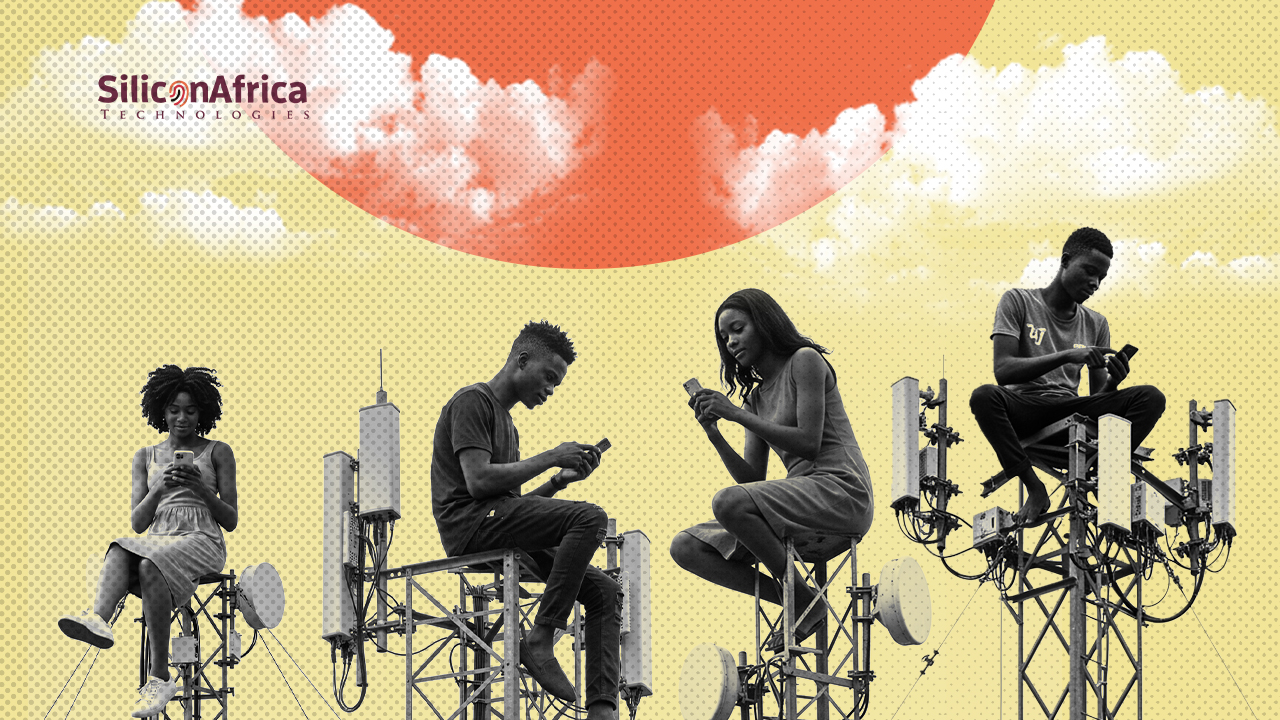Physical Address
60 Ekwema Cres, Layout 460281, Imo
Physical Address
60 Ekwema Cres, Layout 460281, Imo

For the first time in history, Nigerians have consumed over 1 million terabytes of internet data in a single month. This remarkable milestone was achieved in January 2025, according to data from the Nigerian Communications Commission (NCC). The figure highlights Nigeria’s growing dependence on digital connectivity and the increasing demand for internet services across the country.
To put this into perspective, 1 million terabytes (TB) is equivalent to 1 billion gigabytes (GB) or 1 trillion megabytes (MB). This massive volume of data reflects activities like video streaming, online gaming, remote work, and other internet-heavy tasks becoming more common among Nigerians. The NCC began tracking internet data usage in January 2023, making this achievement a significant marker of progress in the country’s digital landscape.
However, despite this historic achievement, January’s data consumption of 27,475 terabytes represented a sharp drop from the 94,502 terabytes recorded in December 2024. December’s high usage was likely driven by holiday activities, which typically see a surge in online engagement.
The drop in January could also be linked to recent price hikes by major telecom providers like MTN Nigeria and Airtel Nigeria. Both companies increased their data tariffs by 50%, a move that has made internet access more expensive for many Nigerians.
The price hike has sparked widespread reactions. Many users have expressed frustration over the higher costs, while telecom operators argue that the increase was necessary to cover rising operational expenses and maintain infrastructure.
Despite these challenges, MTN and Airtel both recorded growth in their subscriber bases during January 2025. MTN added 1.4 million new internet users, bringing its total subscribers to 73.7 million. Airtel gained 1.08 million users, reaching a total of 48.4 million subscribers.
On the other hand, some telecom operators are struggling to keep up. Globacom, which faced regulatory issues in April 2024 that reduced its subscriber base significantly, added only 313,939 new users in January. Meanwhile, 9mobile failed to gain any new subscribers during the same period.
The surge in Nigeria’s internet data consumption is part of a broader trend that has been building over the past few years. In December 2024 alone, Nigerians used an impressive 973,455 terabytes of data—a year-on-year increase of 36.5% compared to December 2023. This growth underscores how deeply internet usage has become embedded in daily life for millions of Nigerians.
Interestingly, while Nigerians are consuming more data than ever before, the number of active internet users has declined. Between December 2023 and December 2024, active internet subscriptions dropped from 163.8 million to 139.2 million, a loss of about 25 million users. This decline is partly attributed to economic challenges and policies like the mandatory linkage of National Identity Numbers (NIN) to SIM cards.
Despite these setbacks, those who remain connected are using significantly more data per person. Faster technologies like 4G and emerging 5G networks are contributing to this trend by enabling quicker downloads and smoother streaming experiences. Currently, about 42.7% of Nigeria’s internet connections are on 4G networks, while adoption of the faster but still limited 5G technology stands at just 2.3%.
The NCC has set an ambitious goal of achieving 70% broadband penetration by the end of 2025 under Nigeria’s National Broadband Plan (2020–2025). However, with broadband penetration currently at just over 44%, there is still much work to be done to meet this target.
The milestone of Nigerians consuming over 1 million terabytes of data reflects both progress and challenges within the country’s telecommunications sector. While demand for internet services continues to grow rapidly, affordability remains a critical issue for many users. As telecom operators adjust their strategies and expand infrastructure, it will be important to strike a balance between meeting consumer needs and maintaining sustainable operations.
For now, though, this achievement stands as a testament to how far Nigeria has come in embracing digital technology, and how integral internet connectivity has become in modern life across the nation.
Was this information useful? Drop a nice comment below. You can also check out other useful contents by following us on X/Twitter @siliconafritech, Instagram @Siliconafricatech, or Facebook @SiliconAfrica.